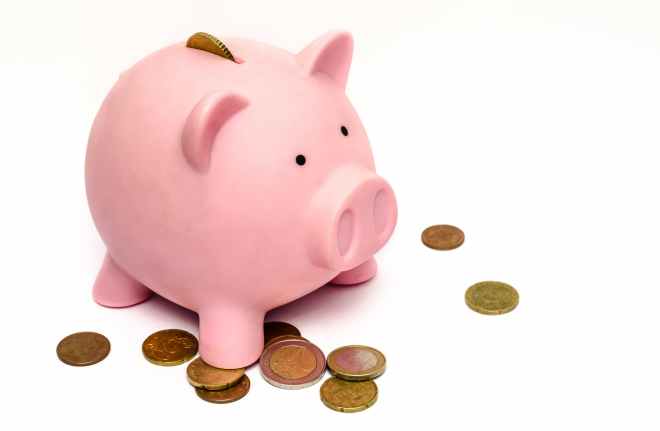
PE as popularly known is the Price of a Share over Earning per Share (EPS). The Price is the latest price as of the last trading time and the EPS is as reported in the last financial statement.
I have wondered for a while as to why PE ratio has been in vogue for figuring out valuations of a company, and not E/P ratio. Investopedia explains E/P ratio as Earnings yield in this article Click here
While both ratios are inverse of each other, they optically indicate very different things.
A PE ratio pegs you to think of the price you would pay for the earnings they get per share. While a EP ratio would align with the investment return approach and the interest rate return one would get.
For example, a share with $3 annual EPS and $24 price, would indicate a PE of 8. To many it is hard to comprehend what this means and how to baseline this.
On the other hand, EP ratio of the same share is 3/24, which is 12.5%. This means every $ the investor invests in the share would get an annual return of 12.5%.
And if the share pays a 2.5% annual yield, then you are looking at a 15% return on capital for the shares you own.
Suddenly the view looks much different and clearer, isn’t it?
Because now you can compare this rate of return to the deposit rates, bond yields and others.
PE ratios have been used for 100s of years. They have been used by investment managers and portfolio leaders to model their investment ratios and weightages in their portfolio mix.
EP ratio when combined with Yield and Earnings Growth ratio (which would be the EP ratio divided by the rate of earning growth) would give a pretty wholesome view of the value one would get in return on the investments they make.
And interestingly even negative earnings would make a lot of sense in the EP world, where you would get a view of how much the company has been investing into itself or losing money.
Then an investor/trader can be well informed to decide, if what they are looking at is an Amazon or yet another cash bleeding dotcom that would go bust.